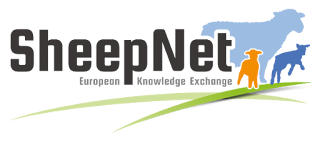Vet nurse Hayley Walters was invited by Dogs Trust
International to speak at ICAWC (International Companion Animal Welfare
Conference) in Malta this October. 229 delegates representing 101 organisations
from 39 different countries attended the conference.
Hayley spoke on recognising acute and chronic pain in cats and dogs, how to measure it, and how to treat it.“Pain can be an emotive subject and two people looking at the same animal can disagree on wether it is in pain or not. Being able to take the subjectivity out of measuring pain is important. By using validated pain scoring tools such as the ‘Glasgow Composite Pain Scale’ for acute pain in cats and dogs and ‘Liverpool Osteoarthritis in Dogs‘ (LOAD) for chronic pain we can objectively measure how much pain an animal is experiencing, treat it accordingly and then remeasure”.
 |
| Photo credit: Richard Murgatroyd (www.richardmurgatroyd.com) |
Hayley received positive feedback from many of the
delegates who were working in Dog Population Management projects and rescue
shelters, and was honoured to be among many prestigious animal welfare
speakers.




